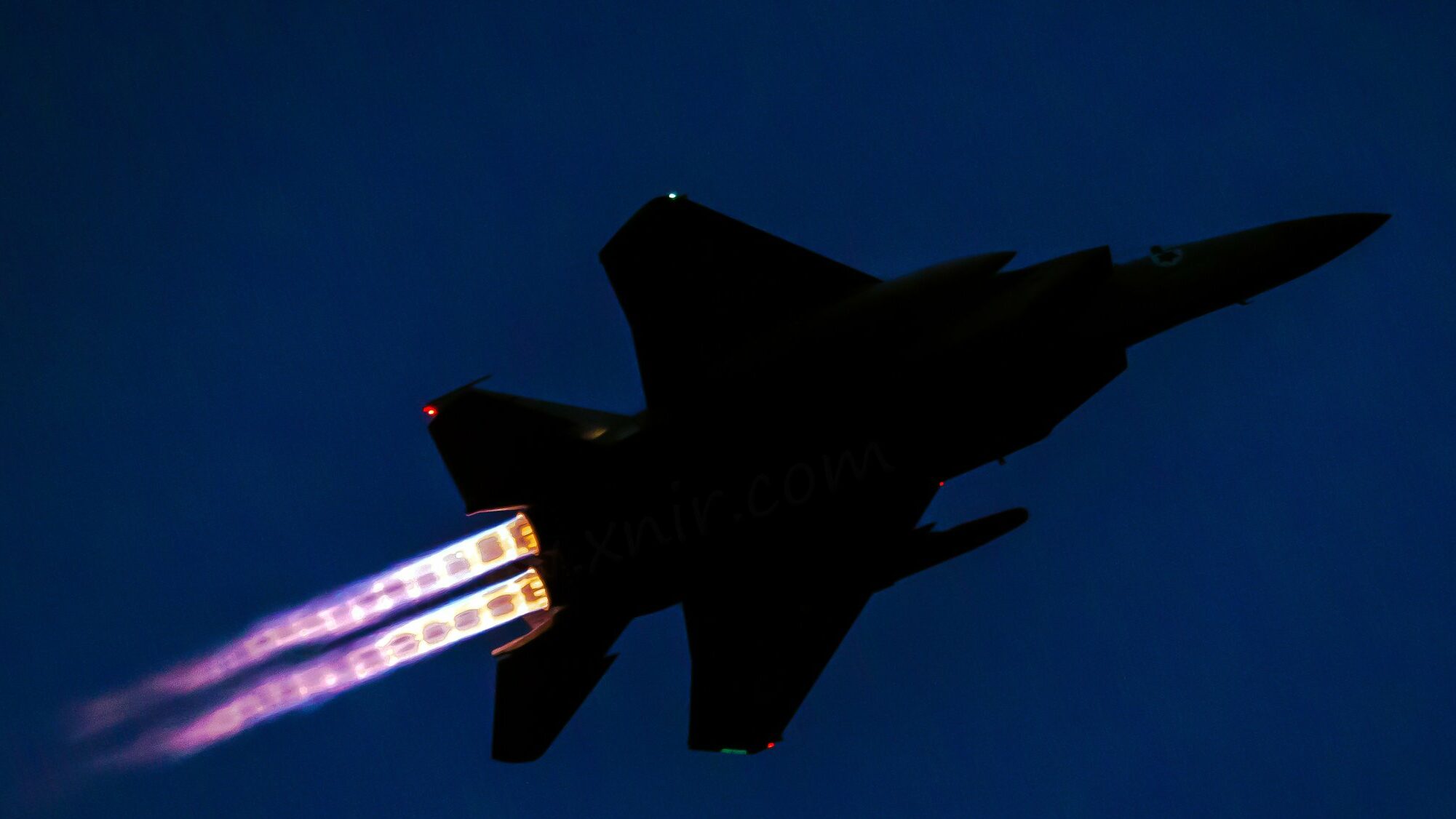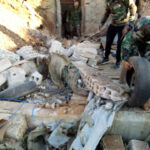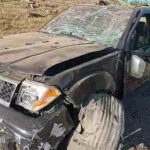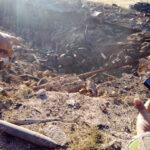On May 31, five members of Popular Front for the Liberation of Palestine – General Command (PFLP-GC) in Lebanon were killed in a blast that was blamed on Israel.
The blast occurred at the entrance of a base belonging to the front in the town of Qousaya in the Bekaa Valley in eastern Lebanon, near the border with Syria.
Anwar Raja, a PFLP-GC official, said that the deadly blast was caused by an Israeli strike. He revealed that ten fighters were wounded, of which two were in critical condition. Another official of the front, Abu Wael Issam, said his group will retaliate “at the suitable time”. He added the strike would not deter his group from “escalating the fight against the Israeli enemy”.
Israeli officials, however, told reporters that the Israel Defense Forces did not carry out any strike against the PFLP-GC base in Qousaya.
There were also conflicting reports from Lebanese and Palestinian sources that the blast may have been the result of an old rocket going off in an arms depot or mines exploding while they were being moved.
Photos that surfaced online after the blast showed a heavily damaged SUV and munitions scattered near the entrance to a tunnel in the PFLP-GC base in Qousaya.
The PFLP-GC is a left-wing group that broke off from the Popular Front for the Liberation of Palestine in 1968. Since then, it has been based in Syria where its forces fought alongside government troops against rebels after the outbreak of the war.
The front cooperate with Hezbollah in neighboring Lebanon on a high-level. It maintains a presence in the Yarmouk refugee camp in Damascus, as well as Burj al-Barajneh in Beirut.
The alleged Israel strike against the PFLP-GC comes amid heightened tensions between Israel and Hezbollah, with both sides issuing threats.
Hezbollah Secretary-General Hasan Nasrallah warned Israel on several occasions in the past against launching any attack against Lebanese territory. This explains why Israeli officials are eagerly denying responsibility for the deadly blast in Qousaya.
MORE ON THIS TOPIC:





